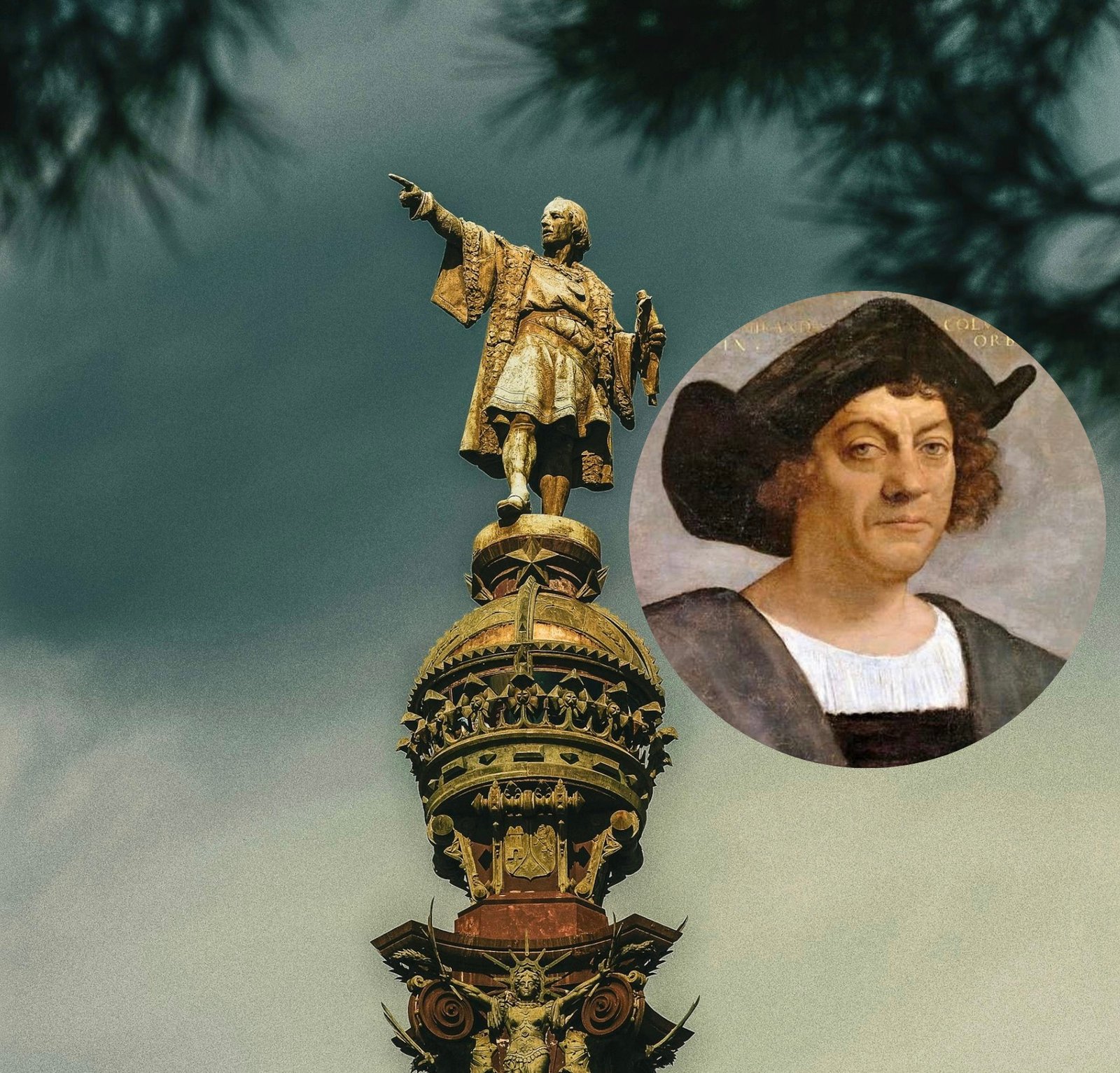America once again gathers to celebrate Christopher Columbus — the brave explorer who proved that blind confidence and a terrible sense of direction can still earn you statues, parades, and federal recognition.
Columbus, remembered for “discovering” a continent already full of people — and inconveniently already discovered by the Vikings around five centuries earlier — is honored today for his historic achievement in getting lost and then insisting he’d meant to all along.
Parades, classroom activities, and official speeches mark the occasion, each one politely ignoring the detail that Columbus never actually reached the land that now worships him. But accuracy, much like indigenous populations, has never been central to the celebration.
Politicians praised Columbus’s “vision” and “courage,” words that in this context mean “confusion” and “colonial violence with good PR.” The president called him “a symbol of exploration,” which is true in the same way a house fire is a symbol of warmth.
Supporters argue the holiday celebrates discovery, curiosity, and human progress. Critics argue it celebrates theft, delusion, and the global spread of smallpox. Most people, meanwhile, treat it as a day off — a modern tradition perfectly in line with the spirit of the original misunderstanding.
In schools, children learn about his bravery and determination, as well as his inability to tell one continent from another — timeless lessons for anyone aspiring to leadership in the modern world.
Across the hemisphere, communities mark the day in their own ways: some with pride, others with deep resentment, and many with a quiet recognition that one man’s navigational incompetence somehow reshaped history, languages, borders, and bloodlines.
As celebrations wind down, one truth remains: in America, incompetence, paired with the flag, can make nonsense look credible.
